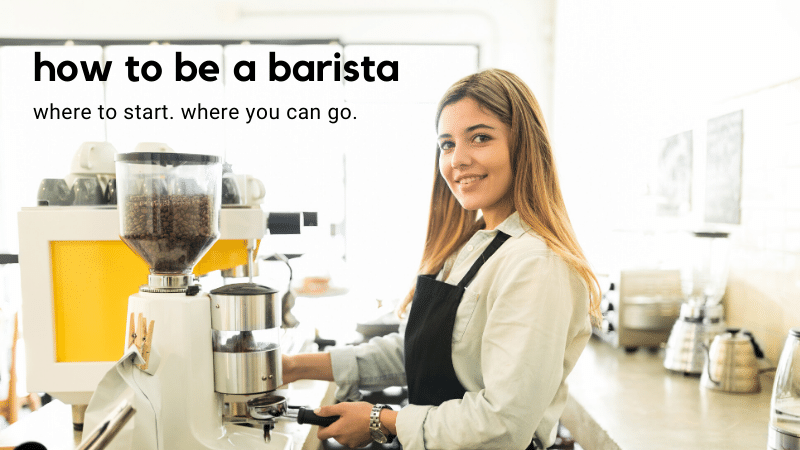What is a Barista? Unveiling the Craft Behind the Coffee
The barista: a cultural icon shrouded in myth. Transient dreamer, aloof enigma, or lowly service worker—depending on who’s spinning the tale. Real baristas meaning coffee pros would chuckle at these tropes. So, let’s brew some clarity on what is barista life really about, from daily grind to career path, with insights from onlinebaristatraining.com.
Barista Defined
ba·ri·sta /bəˈrēstə, bəˈristə/ (noun): A person who prepares and serves coffee. Google’s got the basics, but there’s more to this craft than meets the eye.
Barista Meaning
Rooted in the Italian word for “bartender,” “barista” ties coffee to its bar-like origins. Unlike Italy’s espresso-driven coffee bars, today’s specialty scene—shaped by barista training—blends tradition with innovation. Yet, while bartenders snag respect, baristas often fight the “unskilled” label. Truth is, mastering coffee takes serious skill, from pulling shots to winning over customers. Global barista certification competitions prove it’s no small feat.
What Does a Barista Do?
Sure, they prep and serve coffee—but it’s deeper. Coffee rivals wine in complexity, boasting over four times the flavor notes. A great barista, like a sommelier, decodes these subtleties, a skill honed in coffee barista training. Take espresso: dozens of variables—grind, tamp, timing—shift each shot, and pros pull hundreds daily.
Beyond drinks, barista lessons online emphasize customer service as king. Chatting up regulars while nailing orders? That’s an art—representing the shop and brightening days, all at once.
Why Become a Barista?
Paycheck Reality:
Rarely a goldmine—low industry margins keep wages tight. Base pay hovers at $9-$12/hour, but tips at busy spots bump it to $16-$20+, per our barista course grads. Owners aren’t rolling in millions either, but exploitative pay isn’t okay—know your worth. Tips help, though they’re a flawed fix. Many climb to management or beyond for better salaries.
Flexible Hours:
No 9-5 grind here. Shifts flex with the shop’s rhythm—early opens, earlier closes. Morning people thrive, per barista classes online.
Perfect for Students or Side Hustlers:
Cafés adapt to schedules, making them ideal for students or multitaskers. Some baristas chase bigger dreams; others live for coffee. Either way, barista training courses build transferable skills—teamwork, people skills—for any gig.
Path to Ownership:
Dream of your own shop? Start as a barista. It’s not required, but online barista training shows it’s a smart launchpad. Seasoned pros often take entry-level gigs to learn the ropes—humble, practical, and empathy-building.
How to Become a Barista
Do You Need Training?
Nope—many shops hire green, valuing soft skills (chatty, team-ready, quick learners) over espresso chops. Hard skills—like latte art—come easier, per our online barista course. Shy? Cafés can still grow you.
Boost Your Resume:
Entry-level’s a start, but mastery takes time. Owners rarely double as pro baristas, so external barista training—like ours—sharpens your edge with fresh techniques.
Get Certified:
A barista certification screams “I’m serious.” Our grads at onlinebaristatraining.com land jobs fast with ours—not a degree, but a bold “I’ve studied coffee” flex. Stand out over blank resumes.
Job Hunting:
- Poached: Service industry goldmine—barista gigs galore.
- Indeed: Default board, solid options.
- Craigslist: Sketchy at times, but packed with leads—tread carefully.
City or not, coffee’s everywhere—jobs too.
Barista Unmasked
Forget the myths—baristas aren’t directionless or lesser. They’re skilled, vital, and often passionate, as our barista lessons online reveal. Curious about the trade? It’s welcoming, diverse, and rewarding. Dive in with online barista training at onlinebaristatraining.com — your coffee journey starts here.
Discover coffee virtual insights into barista life.
Launch your career with coffee store business tips.


